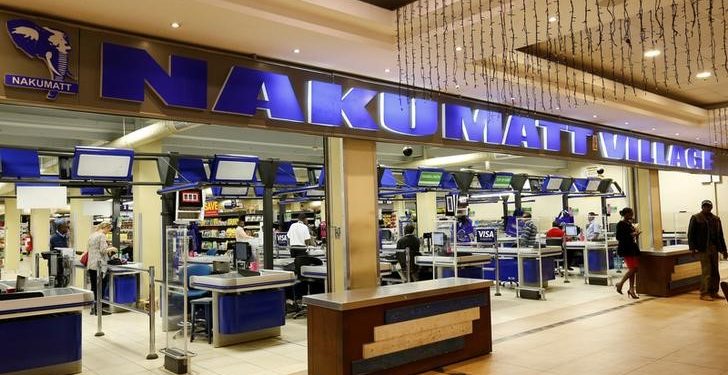Corporate governance plays a critical role in shaping business success, yet it is often overlooked by investors who focus solely on financial statements and growth projections. Misaligned incentives can lead to poor capital allocation, ultimately eroding shareholder value. A compelling case study of this in Kenya is the downfall of Nakumatt, once the largest supermarket chain in East Africa.
Nakumatt grew from a small family-owned business into a retail giant with over 62 stores (45 in Kenya, 9 in Uganda, 5 in Tanzania and 3 in Rwanda). Its aggressive expansion strategy was fueled by bank loans and supplier credit, with management focused on opening as many stores as possible rather than ensuring financial sustainability. The company’s leadership tied success to store count rather than profitability, leading to over-leveraging. At its peak, Nakumatt was Kenya’s dominant supermarket chain, boasting a gross turnover of KES 52.2 billion. However, cracks in the foundation were already forming, as many of its newly opened stores failed to generate sufficient returns to cover their costs.
Nakumatt’s executives were incentivized based on expansion rather than sustainable profitability. Bank loans were used to finance new stores, often in expensive locations with high operational costs. Instead of focusing on efficiency, inventory management, and customer experience, the company prioritized growth at all costs. This misalignment became evident when cash flow constraints led to unpaid supplier debts, empty shelves, and declining customer confidence. The company failed to adapt to changing market conditions, such as the rise of online shopping and increased competition from local and international retailers like Carrefour and Naivas.
By 2017, Nakumatt was drowning in debt, with liabilities exceeding KES 38.0 billion. Suppliers, who had been extending credit, began pulling out, and landlords evicted the company from key locations. The retail giant, which had once controlled nearly 30.0% of Kenya’s supermarket industry, collapsed, leaving thousands of employees jobless and investors with significant losses. The case of Nakumatt illustrates the dangers of governance structures that reward unchecked expansion without financial discipline. Had the Board and management focused on operational efficiency, sustainable profitability, and inventory control, the company might have survived the retail downturn.
Corporate governance plays a crucial role in long-term business stability. Incentive structures must align with financial health rather than short-term growth targets. A business should prioritize financial sustainability over aggressive expansion, ensuring that operational efficiency supports long-term profitability. Investors and stakeholders must scrutinize governance policies, as they shape corporate decision-making and can determine a company’s success or failure. Nakumatt’s downfall serves as a warning to businesses that ignore financial discipline in pursuit of rapid growth.

















